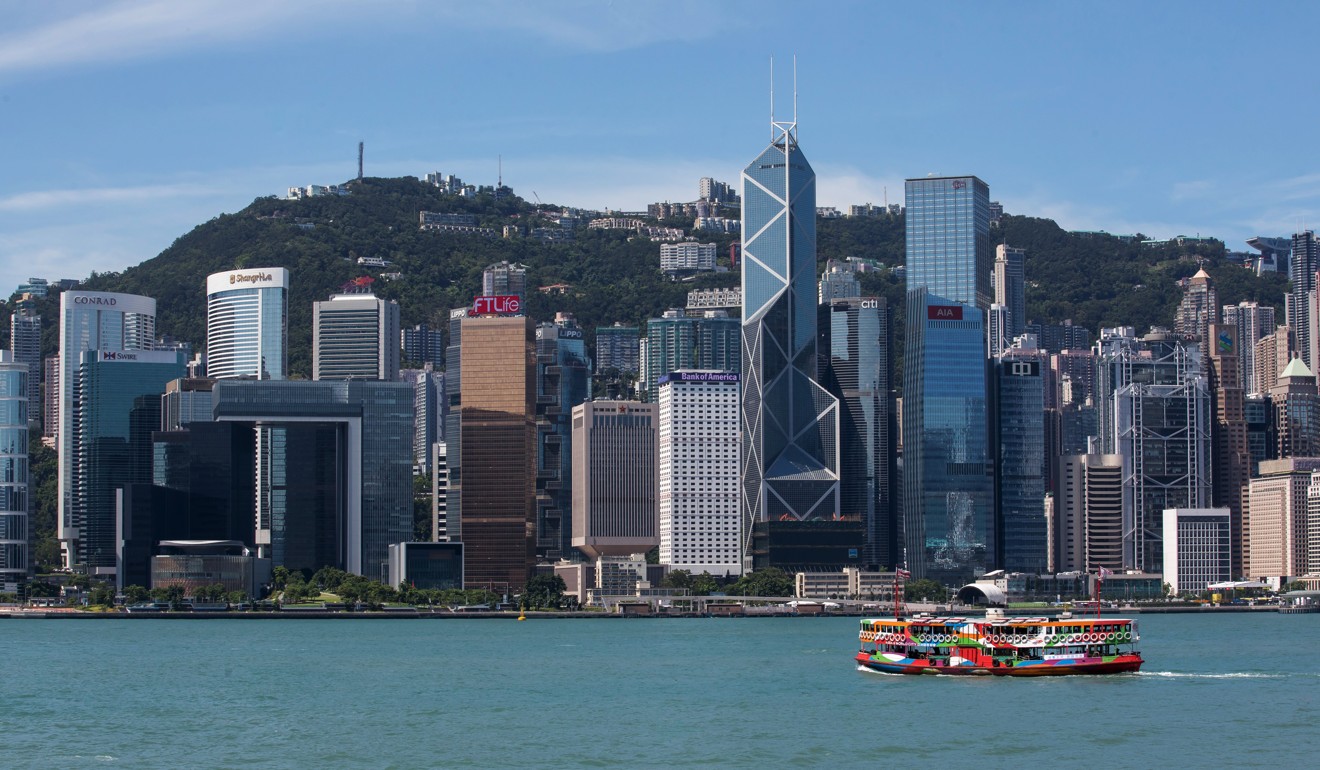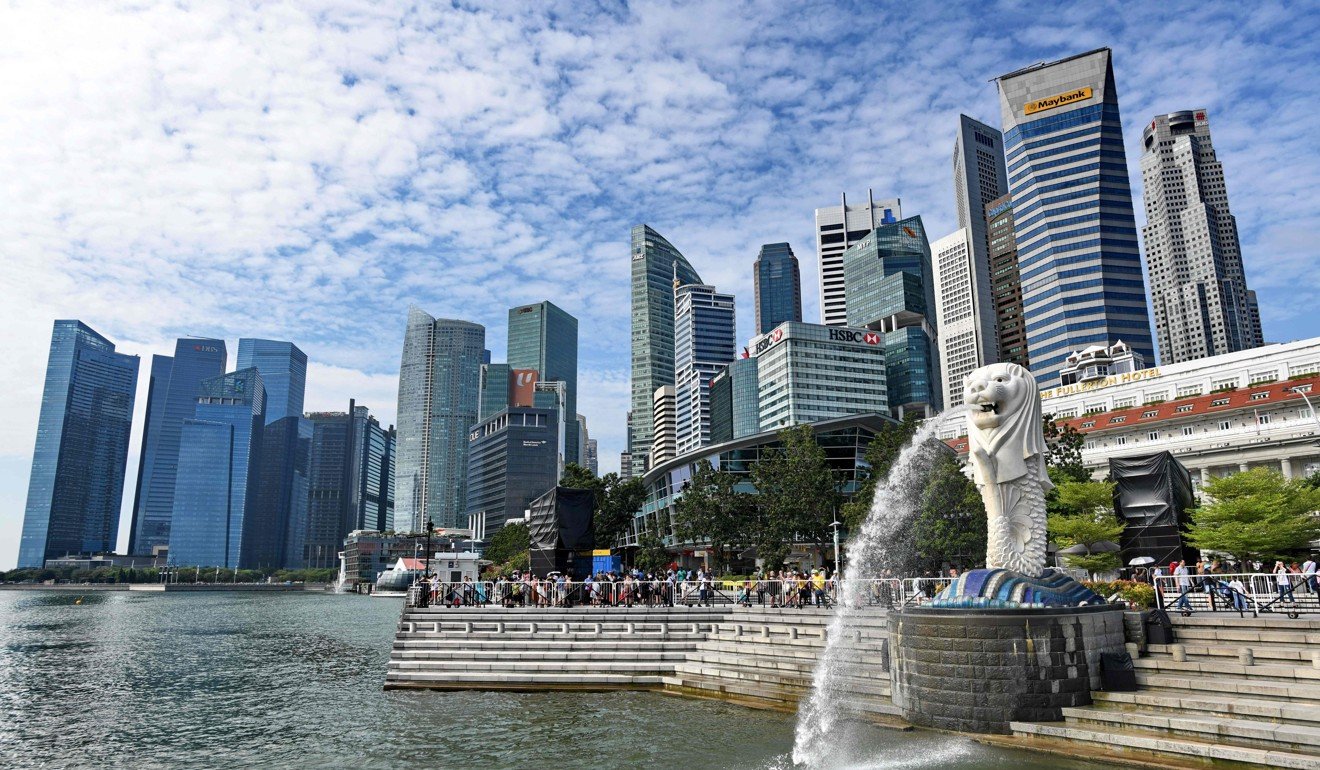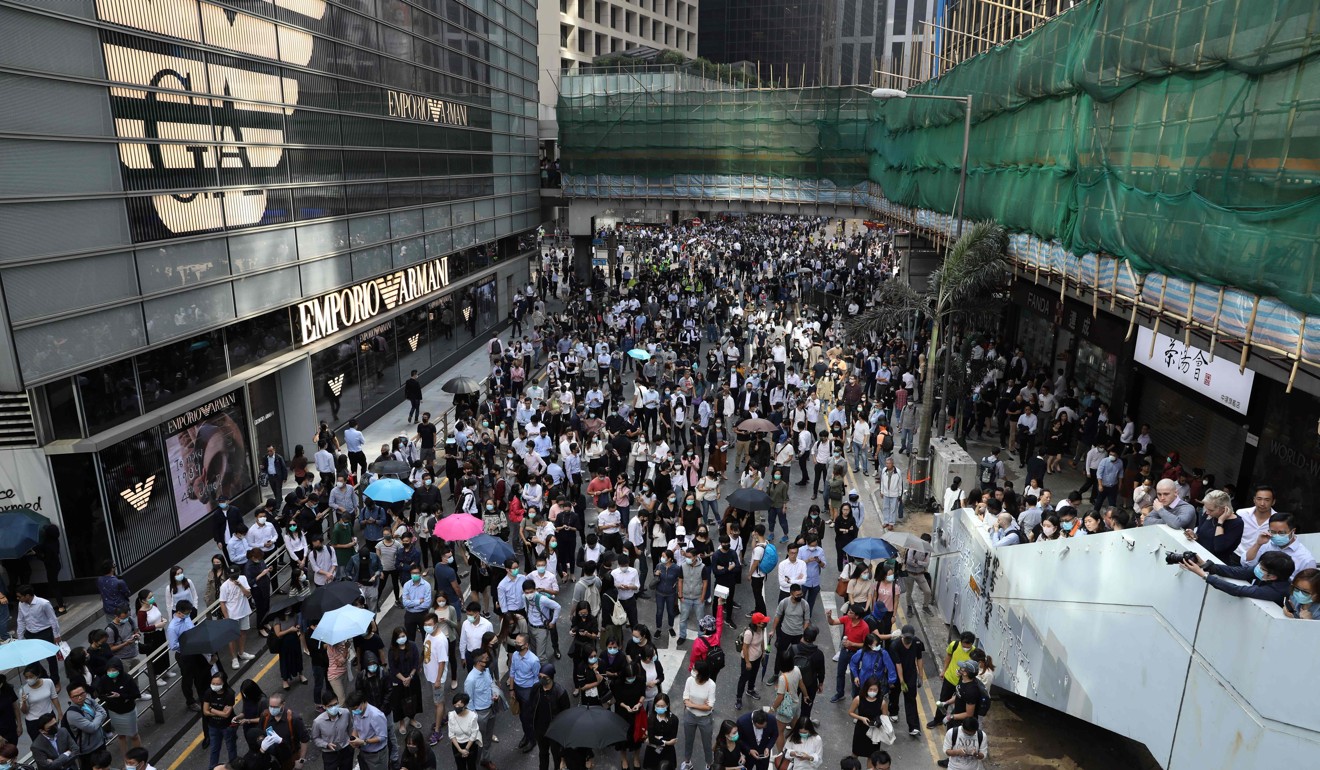Why are Singapore and Hong Kong lagging in workforce talent retention?
- The annual IMD World Talent Ranking has placed Singapore in 10th position and Hong Kong in 15th in a survey of 63 countries
- High cost of living and lower government spending on education are the main reasons the two lag behind European rivals

Singapore and Hong Kong are lagging behind European countries in developing and attracting workforce talent as a result of their higher living costs and lower government spending on education, according to Swiss business school IMD.
The annual IMD World Talent Ranking, released on Monday, ranked Switzerland in top position followed by Denmark, Sweden, Austria and Luxembourg.
Singapore was the only Asian entry in the top 10, coming in at tenth position, while Hong Kong was ranked 15, ahead of Taiwan (20), and Malaysia (22). Mainland China was ranked 42, while the United States was ranked 12.
The business school assessed 63 countries between January and April this year, using economic data and surveys with over 6,000 company executives.
Countries were ranked on three categories: investment and development, appeal, and readiness. Within these broad categories are 30 specific indicators, including cost of living, quality of life, judicial systems, as well as the standards of primary, secondary, and university education.
“Most leading economies emphasise long-term talent development by focusing on investment and development,” said Arturo Bris, director of the IMD World Competitiveness Center.
“This emphasis, however, goes beyond purely academic aspects to encompass the effective implementation of apprenticeships and employee training,” Bris said.
Singapore led the pack in the “readiness” category, scoring high marks for its primary and secondary education standards. But lower government spending on education compared to European nations pulled Singapore and Hong Kong’s scores down.

Singapore, which spends only 2.7 per cent of its gross domestic product (GDP) on education, was ranked 61st, while Hong Kong, at 3.3 per cent of GDP, was ranked 53rd.
The allocation of education expenditure as a country’s GDP does not tell the “whole story”, said Jason Tan, an associate professor at Singapore’s National Institute of Education.
“Education has consistently remained the second largest item in the Singapore government’s annual budget,” he said. Last year, education made up 13.1 per cent of Singapore’s budget, just behind defence, which stood at 14.8 per cent.
Singapore has also rolled out enhanced government subsidies for universities and polytechnics, Tan said.

José Caballero, senior economist at the IMD Business School, said Singapore’s poor score on government education spending may be because “direct funding for fees seems to be excluded from the measure”. However, expenditure on tangible and intangible infrastructure, such as libraries and training for teachers, was included in the data collection.
In terms of cost of living, Singapore was ranked 57th while Hong Kong was 60th.
Jeff Ng, chief economist for Asia at Continuum Economics, said the high cost of living may not deter foreign talent from moving to the two cities.
“[High cost of living] is a factor but we’ve got to put it in context of income compared to cost,” he said. “Also the exposure of working in international cities can be a bigger factor than the cost of living, for some,” said Ng.
Chua Hak Bin, senior economist at Maybank Kim Eng Research, had similar sentiments, arguing that even if living costs were high, lower income and consumption taxes compared to Europeans cities were a “big plus”.
“Singapore’s first-class transport infrastructure, global connectivity and stable political environment will continue to lure global talent, even as cost of living inches up,” he said.
But industry analysts agree that the anti-government protests which have roiled Hong Kong for five months may have a negative impact on talent attraction and retention.

Jaymie Lim, a Hong Kong-based headhunter, said even though most people in Hong Kong are hopeful the protests will be temporary, some expatriates are accelerating their plans to leave the city, or are planning to send their children back to their home countries.
Despite this, Hong Kong still “offers top dollars to good talents in the banking sector”, Lim said.
John Hu, founder and principal consultant of John Hu Migration Consulting, provided a bleaker outlook for Hong Kong, saying talent retention will be a growing challenge.
In addition to its high cost of living, the domestic unrest served as a “catalyst” for young professionals who are now unsure of their future, he said.
His consultancy firm is now receiving about 1,000 relocation enquiries a month, three times more than in June.

Hu said the city faces a “brain drain” in the 25 to 35 age group, as married couples would rather move abroad due to the high cost of finding a home in Hong Kong.
“There is no short term fix for the problems we encounter in Hong Kong. Unless there is a change … I don’t see how there can be [talent] retention,” he said.
“The current unrest, it just makes them have more determination to leave Hong Kong.”